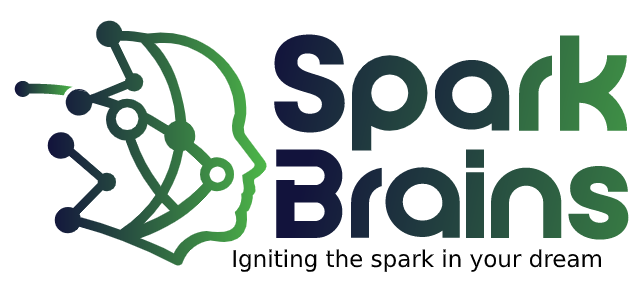Data Modeling and Design
Creating Effective Data Models for Better Decision-Making
Data Modelling and Design involve the process of defining and analysing data structures that support business operations and analytics. By establishing clear data models, organizations can ensure data integrity, consistency, and accessibility. This foundational step is crucial for effective data management, enabling businesses to extract valuable insights and drive strategic decisions.
Key Features of Data Models
Data models are critical for organizing and structuring information, allowing organizations to understand and manage their data effectively. Different types of data models serve various purposes in the data architecture process.
Core Categories of Data Models
Conceptual Data Models
High-level data requirements and relationships without technical details.
Logical Data Models
Detail data elements and their relationships, independent of technology specifics.
Physical Data Models
Specify actual data structures, including tables and data types for a database system.
Bespoke Data Modeling Solutions
for Your Needs

Our tailored data modeling solutions are designed to meet your specific business requirements, ensuring optimal data organization and effectiveness.
- Customized Approaches
- Expert Analysis
- Ongoing Support
Innovative Tools and Technologies for Effective Data Modeling
We utilize cutting-edge tools and technologies to create robust data models, ensuring seamless data management and analysis for your organization.
Data Modeling (ER/Studio, Lucidchart)
Facilitate the design and visualization of complex data structures.
Data Lineage (Manta, Apache Atlas)
Technologies that track the flow and transformation of data through models, ensuring accountability and understanding.
Data Dictionary (Erwin Data Modeler, IBM InfoSphere Data Architect)
Software that helps document data models, definitions, and metadata for better understanding and governance
DBMS (MySQL, Oracle)
Reliable environments for data storage and retrieval.
Cloud-Based Data Platforms (AWS, Azure)
Scalable solutions for storing and managing data in the cloud.
Modeling Frameworks (UML, IDEF1X)
Standards and methodologies for data modeling, such as UML (Unified Modeling Language) and IDEF1X (Integration Definition for Information Modeling).
ETL (Informatica, Talend)
Efficient data extraction, transformation, and loading processes.
Dimensional Modeling
Solutions specifically for creating dimensional models used in data warehousing (e.g., Kimball Toolkit, Microsoft SQL Server Analysis Services).
Graph Data Modeling Tools
Software focused on modeling data relationships in graph databases (e.g., Neo4j Bloom, ArangoDB).
